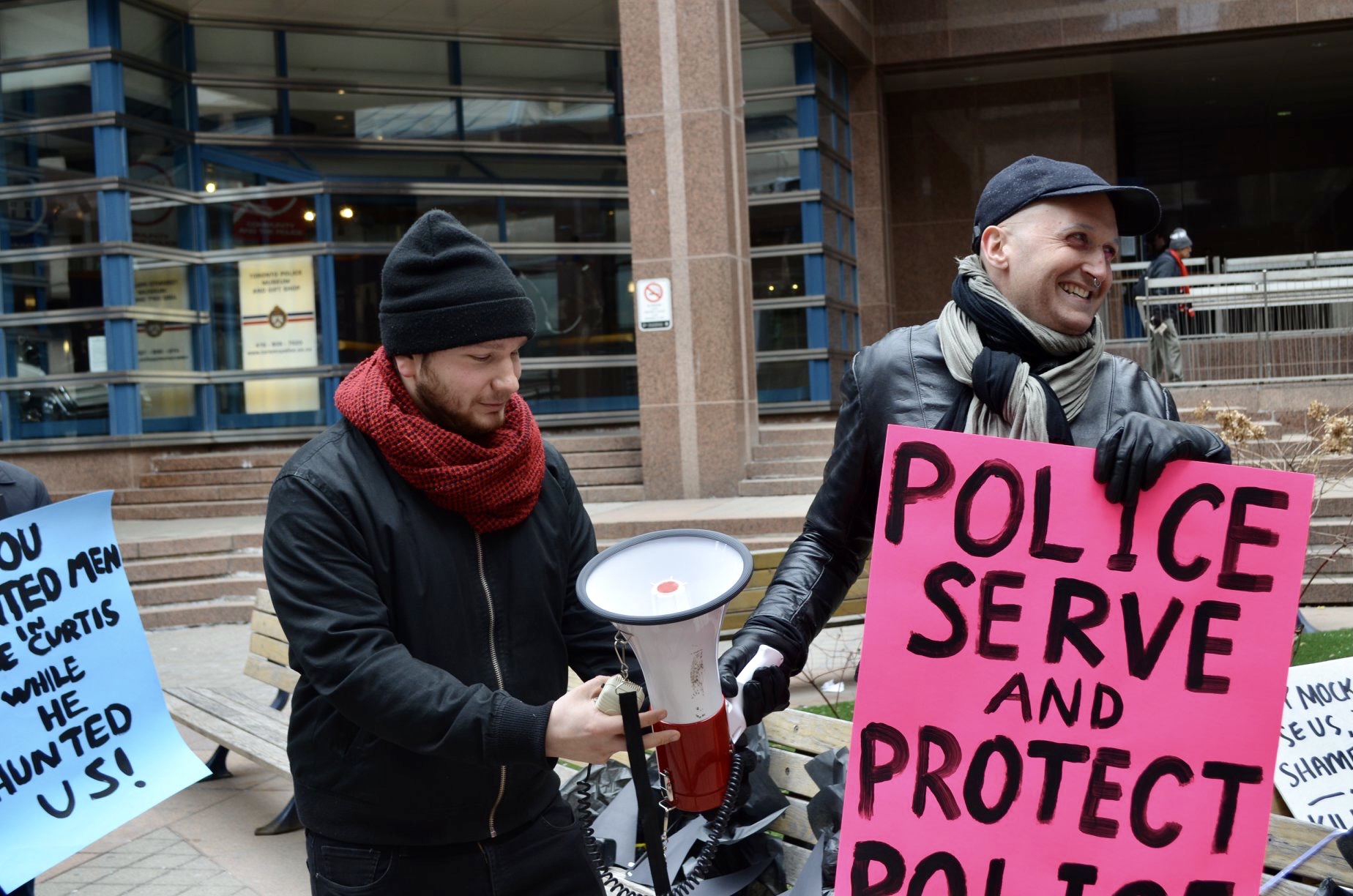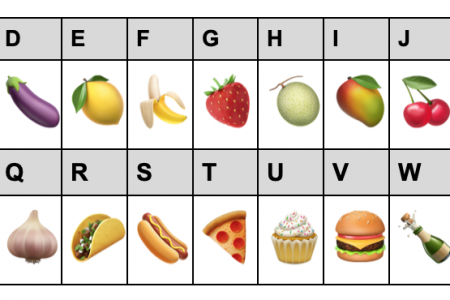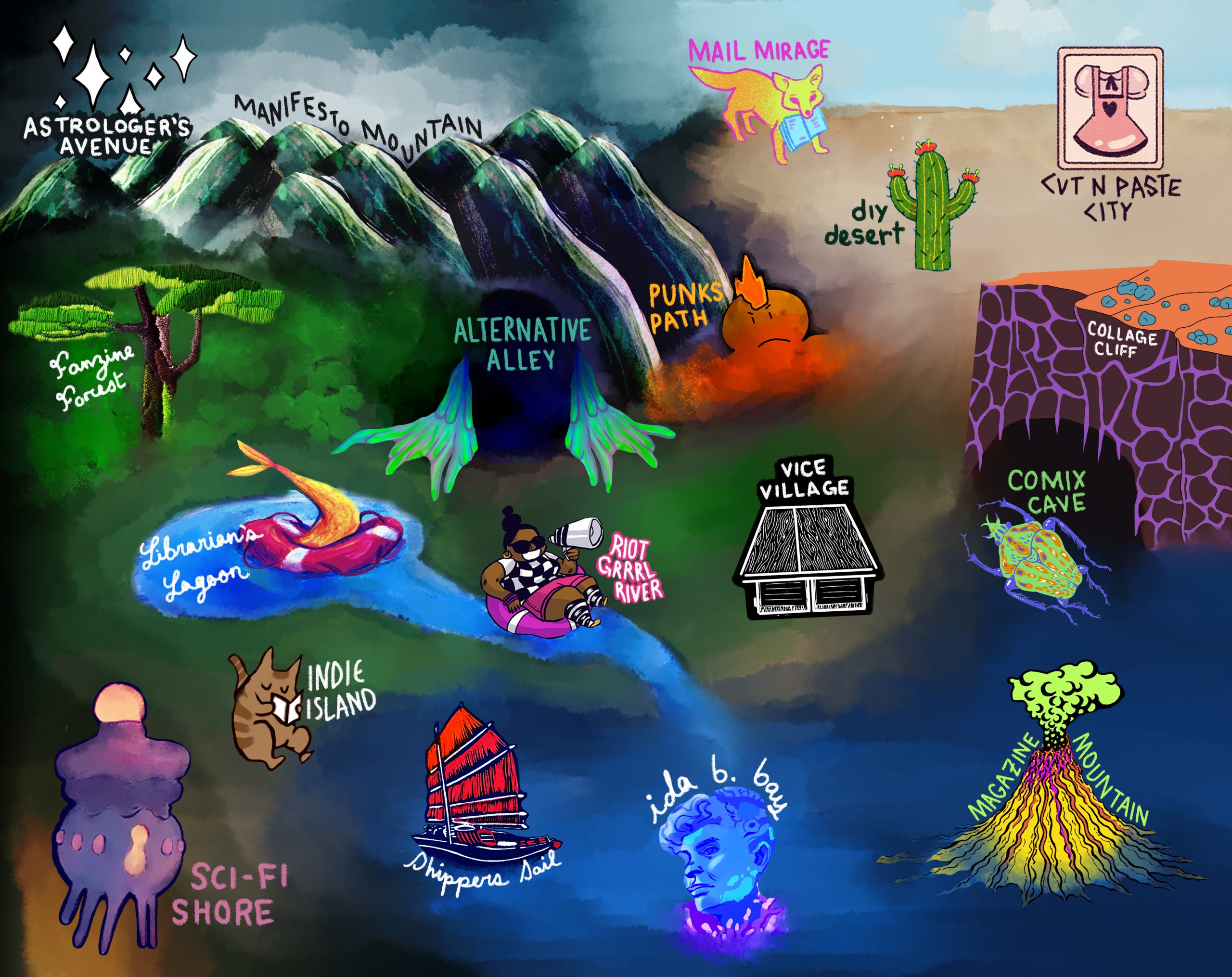
Which are you, a generalist or specialist? To instinctively identify with one of these terms is common, and the typology is remarkable uncontroversial in a culture increasingly wary of binary thinking (and rightly so). So why do you feel inclined to one over the other?
Something about these two terms pierces through any fussy context or caveat, touching on a deep personal orientation. They describe what you know, what you can do, why, and how others compare. It’s a matter of training, labour, skills, and career. As a result, it impacts shelter, food, security, and perhaps even happiness. But are they complementary? Or does one win out?
In some lines of work, being a specialist offers growth and opportunity. After all, unlike the data entry masses (is that still even a thing?), a highly skilled back-end designer is not so easily replaced. If you fill an even tighter niche — traditional artisan? the leading mind in your sub-field of virology? wild dolphin trainer? — a life of focused training might pay off in the form of higher pay or less competition. Hazard a Google search, however, and it’s clear that generalists proudly champion their adaptability, problem-solving, even charm. If you know a bit about many things, you can go to many places and find common ground with many people.
I am a generalist, of course, compulsively grazing on factoids and starting projects I’m unlikely to finish completely. The insights and inquiries that have shaped me most appeared by accident, as conversations with new friends or thoughts that strike me when I’m out of my comfort zone. The few topics that truly obsess me tend to be hybrids, too, unstable pathways that inevitably lead me to something new and supposedly unrelated.
By many measures, Broken Pencil is about as specialized a publication as it gets. But 25 years in, we continue to reach new, enthusiastic minds daily with myriad interests. A casual flip through any issue of BP will reveal that our niche focus on zine culture actually permits us to cover nearly anything. After all, whatever your obscure interest maybe, there exists a zine (or 20) about it — just glance at the incredible, diverse list of Zine Awards finalists at the heart of this issue and you will see what I mean.
Am I trying to say that there is no such differentiation as specialist and generalist? Funny enough, I don’t know that it matters. In any case, the dichotomy is far more kinetic and relational than it is limiting or divisive. My hope for our winter issue, usually a lighter complement to the always jam-packed Fall edition, is that it entices the sense of discovery and inspiration that both types of people cherish, all while keeping you warm in your bedroom. As an example, I’m excited to introduce our newest regular comic artist, the Bay Area’s Mara Ramirez — promise you’ll slow down and breathe when you take in their work.
But we shan’t forget that this is the second in our four issues focusing on zines as political action. Many of the spreads to follow invite you to bring that same energy home with you to keep you warm in your bedroom, in the garage, across the airwaves, and on the bookshelf. That ought to explain the decidedly DIY crafty bent throughout, exemplified by Jenna Rose Sands’ decolonial cootie catcher, Kate Bertash’s newest grassroots counter-surveillance primer, a dive into the revolutionary potential of ham radio, and even Joel W Vaughan’s simple binding techniques for zine volumes. May you find these useful, edifying, or even just distracting on a slushy February morning.
What occurs to me is that the generalist/ specialist spectrum is premised on a highly individualist interpretation of what knowledge and labour might be or do. That’s why it feels so irrelevant at these times — our present conditions require that we use and teach what we know, and do so promiscuously. If we’re going to make it out of this — this being everything — we will need to build relationships of trust, care, mutual exchange and a shit ton of fight. Look no further than Brown Recluse Zine Distro’s Zine Philosophy column for an example of building your politics into your multidisciplinary practice, together, now. For our activist or artistic interventions to have a real impact, we need to specialize in mastering these things with and for each other, not separately and for ourselves. What needs refining is the values you share with your loved ones and comrades, and our complementary skills are a means of making good on them. Unified, we can act collectively as generalists, and so we stand to win more battles, however specific.
Speak and listen. Tinker and trade. Still take time for yourself, so when we come together, we can dream, create, and fight to win.
In solidarity,
Jonathan


